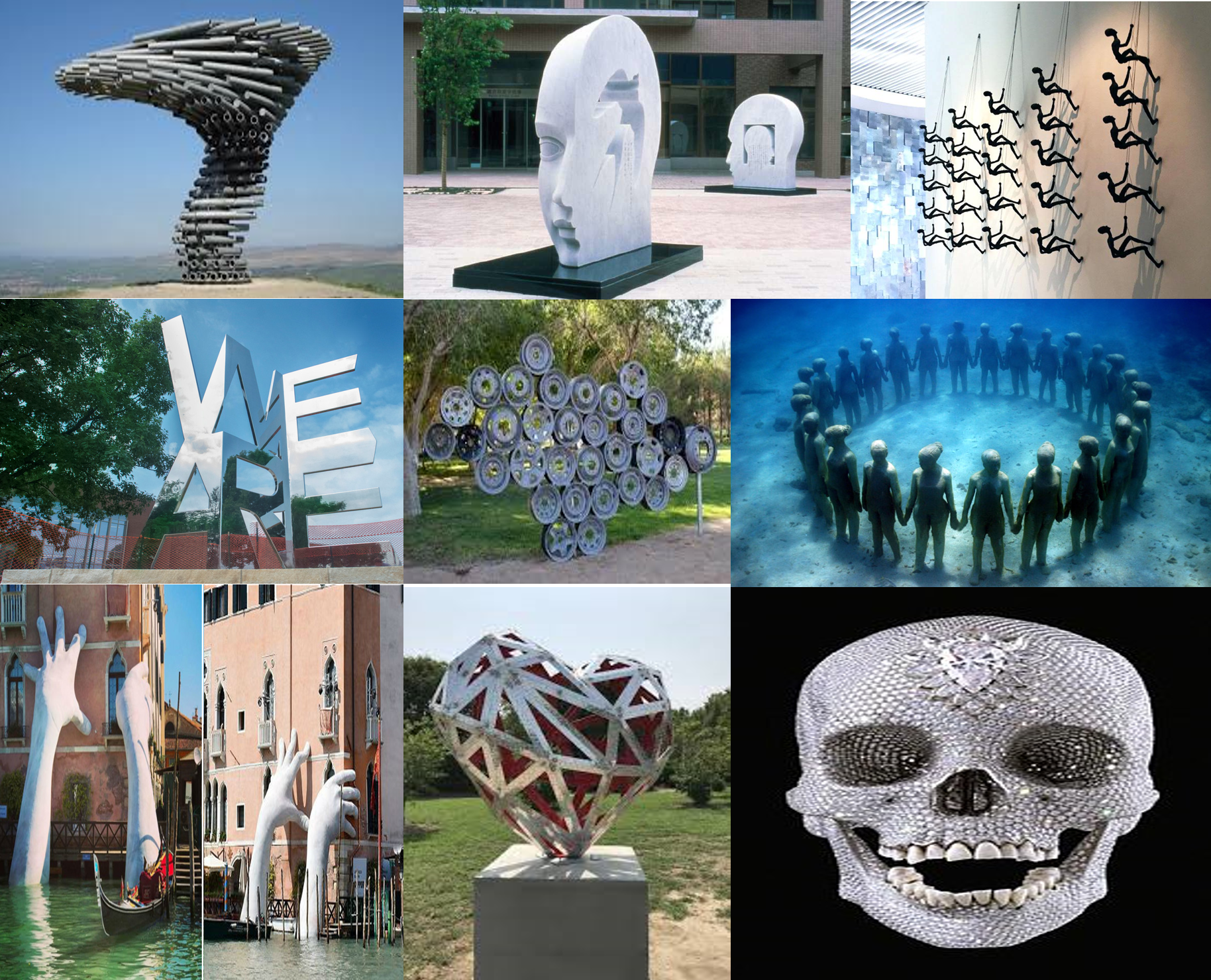Planning and process management
Planning permission
The student's planning skills, throughout the reflective project experience, must not to be overlooked. This ensures that the process does not just become about the final piece but is seen as an opportunity to develop skills that can be used throughout the rest of the courseand in future projects.
Before establishing any official timeline with the students, it is good for students to get an appreciation for how long this process will be. Keeping up the momentum can be really difficult, especially over a long holiday. Again, this is part of students taking ownership of the project and stamping their own identity on their project.
Getting to know the criteria: Use the criteria and map out a potential planning timeline; this is a good exercise for reflective project coordinators deepening their understanding of the criteria as well as for students to understand the task ahead.
Criterion A: Focus and Method
Decide on an ethical dilemma arising from the career-related context
Use appropriate research methods and collect information from a variety of sources judiciously
Show an understanding of bias and validity
Criterion B: Knowledge and understanding in context
Show knowledge and understanding of the issue
Utilise a local/global example of the issue in which the ethical dilemma is embedded to contextualise the ethical dilemma and be able to analyse different perspectives on it
Illustrate an awareness and understanding of the impact of the ethical dilemma on a local/global community and demonstrate how cultural influences can effect the perceptions of the ethical dilemma
Criterion C: Critical thinking
Demonstrate logic, reason and the ability to interpret, analyse and evaluate researched material
Develop the ability to synthesise information gathered from research; make connnections as well as link ideas and evidence
Criterion D: Communication
Create a structured and coherent project; appropriate terminology is accurate and consistent; communicate ideas and concepts
Criterion E: Engagement and reflections on planning and progress
Reflect on the research process in order to refine it.
Show reactions to new understandings gained in the exploration of the ethical dilemma.
Critique decisions made throughout the research process and working practices
Lesson Plan 1
Aim: Establish the Researcher's Reflection Space (RRS) as a planning and process management companion throughout the reflective project journey
 Visual journal: Establish the Researcher's Reflection Space (RRS) as a visual journal or diary to record initial ideas, any concerns, outcome of supervisory sessions, any interim thoughts about the RPPF, any changes needed to finish the project, final thoughts to be considered for your final reflection...
Visual journal: Establish the Researcher's Reflection Space (RRS) as a visual journal or diary to record initial ideas, any concerns, outcome of supervisory sessions, any interim thoughts about the RPPF, any changes needed to finish the project, final thoughts to be considered for your final reflection...
Visualise the outcome: Ask students to create a vision board of the final piece and what they envisage it will contain. This is a good way of getting to know the assessment criteria. The following image board of 3D objects and images can prompt discussion about what it represents and encourage students to create their own visualisation. (Note, it was created specifically to prompt subjective response to the criteria so there are no direct teacher notes here).

Create a timeline: rather than give students a timeline ready made, give them a blank frame and the key milestones with dates. Students then consider the deadlines for their CRS and DP subjects to include in the timeframe and other extra curricular commitments. Use the following word cloud as a tool for discussion about creating a timeline. Some words might be used more than once throughout the timeline.


 Planning permission
Planning permission